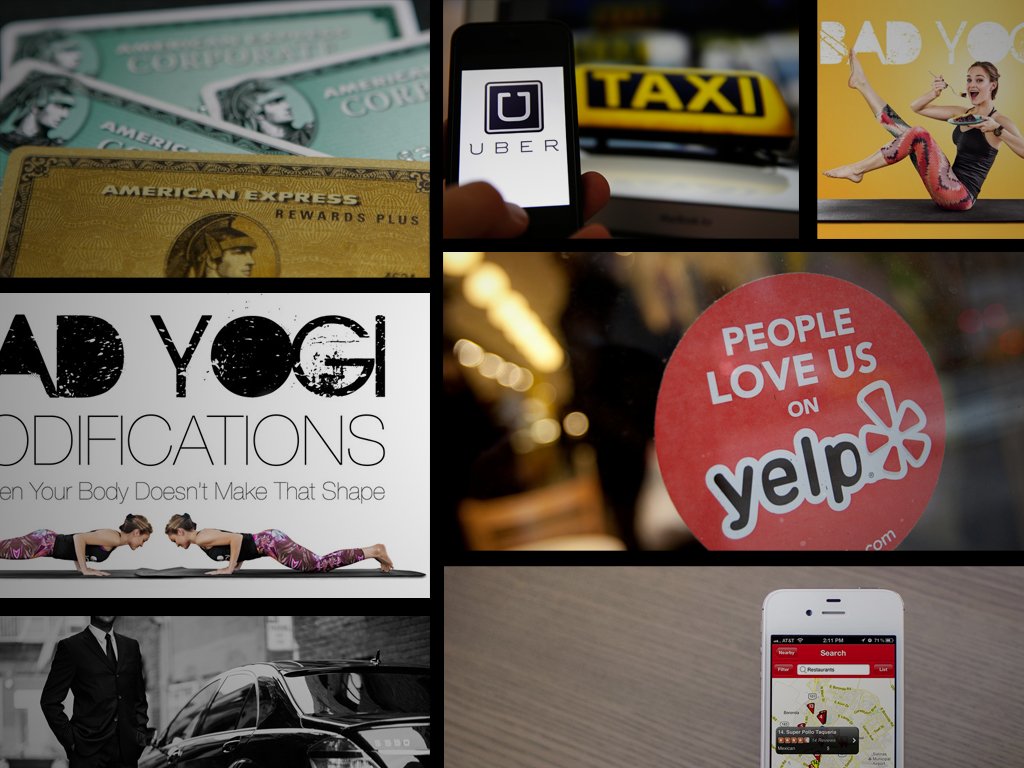Like consumers, every brand has a story. And, similarly, some are better than others. But unlike people, perhaps, who may be hard-pressed to change their personalities and/or backstories and retain authenticity, brands have an advantage in that they can hone their stories to perfection and subsequently use them as marketing tools.
Like any kind of introspection, the task of boiling one’s essence down to a simple statement and/or ideal can be remarkably difficult, particularly for brands that have conducted business without one – or a clearly defined one – for any length of time. Here’s why it’s worth the effort to invest resources to really nail your brand’s story.
1. Connections
A brand story has the power to forge valuable connections with consumers. “For brands starting out, an origin story is imperative to establish the emotional trajectory of the brand,” said Sean Miller, chief strategy officer at digital agency Rokkan. “When we meet new people, we often ask, ‘Where are you from?’ followed by, ‘What do you do?’ Knowing the origin of a person or a brand helps to create common ground and establish trust. It shows that the brand … is more than a sales pitch. It’s an entity that has shared values and beliefs.” Richard Jones, CEO of marketing engagement platform EngageSciences, agreed. “By sharing where you came from, where you’re going, and what your world vision is, customers can more easily identify with your brand personality,” Jones said. “In this way, your brand’s story is your most important marketing currency.”
2. Affinity
What’s more, Martyn Tipping, CEO of business intelligence service StoryScore, notes storytelling is important because consumers don’t want to feel they’re being sold to or preached at any longer. “They want to buy a brand that represents their values, or that embodies their aspirations. And the best way to show people what you believe in and what you’re aiming for is to tell stories,” Tipping said. “Stories are made to be shared, and they’re more memorable than simple facts.”
3. Distinction
These connections are also essential for brand recall, according to Cynthia Srednicki, CMO of Dreamweaver Brand Communications. Similarly, Roger Wu, founder of sponsored content platform Cooperatize, said the key is to tell a story that is memorable enough so that when the time comes for a consumer to purchase, he or she can remember enough of the story to prime Google into telling him or her the name of the brand. “Marketing is getting more complex and while Google is the great last mile, no one is typing ‘device that is made a by a company [founded] by Steve Jobs that connects me to my friends and fits in my pocket’ in a vacuum,” Wu added. Further, meaningful stories and connections are particularly important when it comes to – no surprise here – Millennials. “They’ve come of age in a tough economy and have seen an incredible boom in apps and services that do many of the same things,” Miller said. “When there are so many redundant offerings, which would you be drawn to? The one you can relate to and like the most.” In addition, the shift in the way brands and consumers interact to more of a two-way exchange means brands must have a stronger sense of identity and develop a consistent persona as they navigate the myriad ways customers will seek interaction, said Lily Croll, strategy director at digital marketing agency Wire Stone.
4. Advantage
A story-derived connection can ultimately prove a key competitive advantage. “With the vast amount of choice we have today as consumers, it’s often not the rational differentiators that make a product or service stand out. It’s how it makes us feel, which comes down to the brand’s story,” said Kristen Nozell, brand strategist at Red Peak Branding. Digital/mobile creative director and consultant Tom Eslinger agrees brand story can be an important competitive distinction – even when a brand may not be the most competitive in other respects. “Brand stories are important as part of a brand’s overall presence – think Toms, Warby Parker – where they use their brand philosophy and story as the sharp end of their marketing – they aren’t the best materials, best construction [or] most original, but they do good things for people,” he said. “I think that brands who have more ‘open-ended’ stories that have their fans and customers weaving the story are more important.” A brand story provides meaningful context, which, in turn, spurs competitive advantage, said Jamie Rodriguez, partner at digital agency Tilted Chair Creative. “People seek more than utility in a purchase these days,” Rodriguez said. “The best brands – and the ones set up to thrive in the 21st century and beyond – are those savvy enough to wrap their brand or product in a more meaningful context. To tell a story. Doing so provides customers with added value beyond the simple utility of their purchase: meaning.” Tipping agreed. “Stories are also a great way of conveying a brand’s heritage, backstory or craftsmanship,” he said. “Across every category, from beauty to beer, consumers are shifting from big global mega-brands in favor of smaller brands with a unique story to tell.”
5. Focus
Digital marketing consultant Bituin Callanta notes brand story helps brands filter out ideas or upgrades that are not right for a given brand. “My favorite classic example is Dove and their tagline, ‘Real Beauty,’ because it reflects both the main product feature – moisturizing cream – and the idea that real beauty is simple, like the soap,” she added. But brand story can also help set consumer expectations, notes Benjamin Nathan, director of production company Footage Films. Further, Brandon Peach, brand strategist at marketing agency EZMarketing, said a brand story is mutually beneficial because it “[gives] the brand key insights into how to best satisfy its target customer and [turns] that customer into a brand evangelist.”


